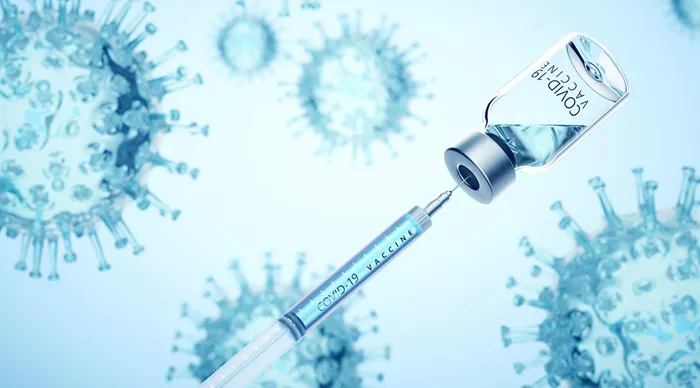The United States is currently experiencing a significant rise in whooping cough cases, marking the highest levels seen in a decade for this time of year, according to the Centers for Disease Control and Prevention (CDC). So far, 18,506 cases have been reported in 2024, a sharp increase compared to recent years. This figure is the highest since 2014, when cases had surpassed 21,800 by the same point.
Whooping cough, also known as pertussis, typically peaks every three to five years, making this rise somewhat expected, health experts note. However, the return to pre-pandemic levels of the illness has prompted concern, particularly in states like Wisconsin. There, health officials have reported nearly 1,000 cases this year—an alarming jump from just 51 cases last year.
One factor contributing to this spike is the dip in childhood vaccination rates. According to the CDC, vaccination rates among kindergartners nationwide dropped last year, and exemptions from vaccines are at an all-time high. In Wisconsin, only 86% of kindergartners have received the whooping cough vaccine, compared to a national average of over 92%.
Pertussis usually starts with symptoms similar to the common cold, such as a runny nose, before progressing into a severe, prolonged cough. Known historically as the “100-day cough,” it can last for weeks and is most dangerous for infants and young children. Despite the introduction of a vaccine in the 1950s, whooping cough continues to pose a threat when vaccination rates decline. The vaccine, often bundled with tetanus and diphtheria vaccines, is part of routine childhood immunizations and is recommended for adults every 10 years.
“Whooping cough can be devastating for young children, but we’re now seeing outbreaks among older kids and teens, too,” said Dr. Kris Bryant, a pediatric infectious disease specialist at Norton Children’s in Louisville, Kentucky. This year, outbreaks have been concentrated in middle schools, high schools, and colleges. In Pennsylvania and Nebraska, most cases have been reported in these settings, and health officials are urging vigilance.
For those infected, early diagnosis and treatment with antibiotics are crucial. “Pertussis is worth preventing,” said Dr. Bryant. “Fortunately, we have safe and effective vaccines to protect against it.”
The CDC continues to recommend vaccination for pregnant women, which helps pass immunity to newborns, and for anyone in close contact with infants. “It’s a horrible disease,” said Justin Frederick, Deputy Director of the Douglas County Health Department in Nebraska, whose teenage daughter contracted pertussis. “Even after treatment, she wakes up in a panic, struggling to breathe from the coughing.”
Health officials are reminding the public that timely testing and treatment can help curb the spread of whooping cough. Antibiotics can reduce the severity of the illness and prevent transmission to others.
As schools remain a hotspot for the current outbreaks, public health workers emphasize the importance of maintaining vaccination schedules to protect both individuals and communities from this preventable but serious disease.
Read More:
Merck’s Clesrovimab Proves 60% Effective In Preventing RSV Infections In Infants
Study Finds Standing Desks May Raise Health Riskss
New Insights Into Human Evolution: Starch-Digesting Genes Date Back 800,000 Years


